Generative AI is a groundbreaking marvel in the realm of technology, a fountainhead of infinite possibilities that is rewriting the rules of creation and invention. With a mere seed of human thought, this AI wizardry can spawn a cornucopia of output – from crafting tales that rival the wittiest of wordsmiths to painting vistas that could deceive the eyes of art connoisseurs. As awe inspiring as this parade of innovation is, it vigilantly treads a thin line between the wonder of progression and the precipice of ethical quagmires. Indeed, engaging with generative AI is akin to tip-toeing through a minefield of moral considerations, a journey requiring steely nerves and a careful stride.
A Tangled Web of Ethical Enigmas
The ethical enigmas surrounding generative AI weave a complex web, ensnaring even the most adept of technology enthusiasts. For every step forward in this digital dance, there's the shadow of potential missteps – from privacy breaches to algorithmic biases – that hover ominously. Within this labyrinth of lawful liability and moral quandaries, participants must arm themselves with wisdom and foresight, lest they find themselves ensnared.
The Balancing Act of Risk and Ethics
As companies venture deeper into the realms of generative AI technology, they're tasked with performing a delicate balancing act, how to nurture the budding plant of innovation without letting it overrun the garden with ethical brambles. Industry experts implore corporations to adopt strategic frameworks that can effectively manage AI's promise against its perils. Incorporating ethics into the AI development process is not a merely philosophical exercise but a practical necessity for sustainable innovation. For instance, renowned firms like McKinsey & Company emphasize the integration of ethical considerations in their approach, advocating for systems that align with core human values and societal norms.
Navigating the Copyright Maze and Data Dilemma
In this digital era, the assets at risk are not merely tangible, but also intangible – ideas, expressions, and creative works that fall under the sweeping umbrella of copyright law. As AI systems ingest and process this vast cornucopia of data, the likelihood of inadvertently trespassing copyright boundaries increases exponentially. It’s of paramount importance that organizations adopt a vigilant approach, often employing teams of legal experts to navigate this potential minefield and ensure outputs respect intellectual property rights. Given the high stakes, shrewd companies like IBM caution towards a proactive stance on copyright law, demonstrating meticulous due diligence in their deployment of AI technologies.
Societal Shifts and Workplace Wobbles
The ripple effects of generative AI touch more than just the immediate concerns of ethics and legality, they undulate outward into the fabric of society itself. The introduction of AI into the workforce is ushering in a seismic shift in the employment landscape, raising questions about the relevance of human roles in an increasingly automated world. The ethical compass guiding this transition will illuminate how deeply a company values its human capital amidst the allure of AI efficiency.
Nurturing Content with Care
In the realm of content generation, AI's capabilities are both exhilarating and daunting. The figures from Gartner, an esteemed research and advisory company, lend weight to the argument that the proliferation of AI-generated content is imminent. With these prospects in mind, the guardians of ethical content must straddle the line between embracing AI's potential and upholding the sanctity of original, responsible creation. It's a task that requires both the careful curation by human experts and the implementation of AI with a judicious hand.
The Great Privacy Conundrum
The issue of privacy takes center stage in the theater of ethical AI deployment. The vast datasets that fuel AI's learning engines are fraught with intimate threads of personal data. It's a reality that urges developers and users of AI to adopt an approach steeped in the principles of data minimization and anonymization. A notable beacon in this endeavor is the European Union's General Data Protection Regulation (GDPR), which stands as a testament to the prioritization of individual privacy in an age where data is currency.
Shielding the Vault of Sensitive Info
The inadvertent exposure of sensitive information is not merely a hiccup but a serious breach that can hemorrhage an organization's credibility and customer trust. To tackle this, companies are rallying behind the shields of encryption and access control, erecting bastions of digital security to protect the sanctums of private data. The discourse around data protection is gaining traction, with entities like The Future of Privacy Forum advocating for robust data stewardship and transparency in AI processes.
Tackling Biases and Redefining Roles
The scourge of biases in AI cannot be overstated, as AI learns from humans, it also inherits their prejudices. There's a surging call to action for developers and organizations to engage in an unyielding crusade against such biases. Initiatives like the AI Now Institute are at the forefront, pushing for interdisciplinary research and diverse teams that can challenge and counteract these algorithmic prejudices.
Bracing for a Brave New World
The saga of generative AI is not one of simple implementation but of pioneering a responsible pathway into a future replete with both wonders and warnings. Laying down ethical guidelines firmly rooted in the principles of humanity is an imperative that brooks no delay. Through the undertaking of this arduous yet essential endeavor, we can steer the ship of AI into prosperous waters while evading the sirens of exploitation and harm.
The Quest of Data Provenance and Synthetic Sirens
The origin story of the data animating AI's creative engines – data provenance – deserves the spotlight. Recognizing the mirage-like quality of synthetic data, many industry forward-thinkers are qualifying its use. Adobe, a name synonymous with creative software, acknowledges the fine line between the legitimate uses of AI-generated synthetic media and its misapplications. Their guidelines reflect a conscientious stand that prevents the distortion of reality in the digital domain.
Deciphering the AI Oracle
To fully harness the potential of generative AI, the enigma of its decision-making must be addressed. Leading industry figures like the stalwarts at Accenture call for a marriage between AI innovation and explainability, pushing for systems that are not only cutting-edge but also comprehensible to the layman and expert alike. The journey toward transparent AI operations is marked by both fervent research and applied pragmatism.
Generative AI's canvas is vast and its brush strokes bold. But the true artistry will be evidenced not just in the marvels it constructs, but in the wisdom with which we, as a society, guide its hand. As we march into this brave new epoch, it's the ethical frameworks we erect and the principled oversight we maintain that will echo through the ages, defining our legacy in the intricate weave of technology and human endeavor. The path is set, the tools at our disposal ,may we tread with foresight and emerge not only unscathed but uplifted by the journey through the enthralling but perilous realm of generative AI.
ㅤ






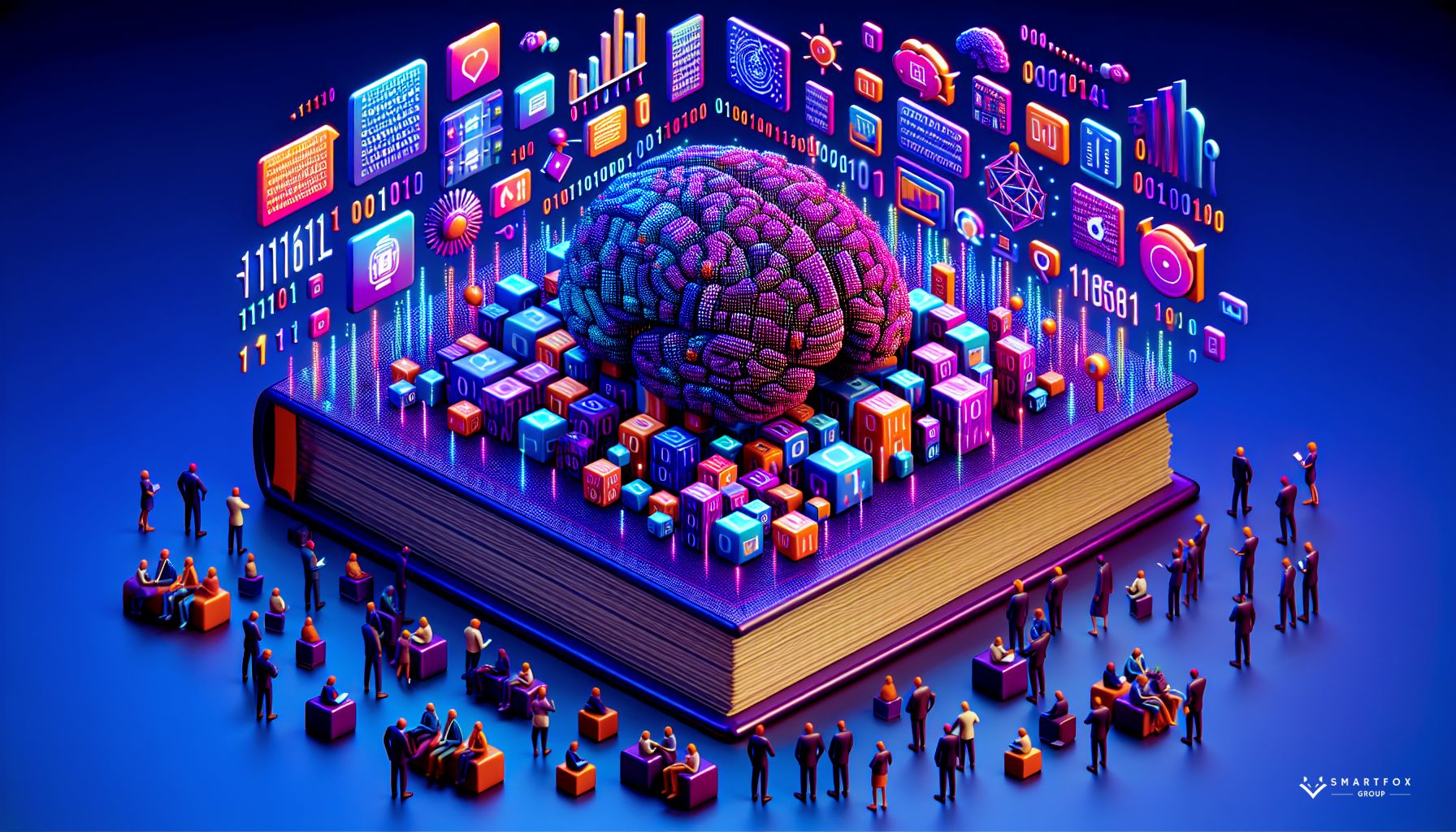
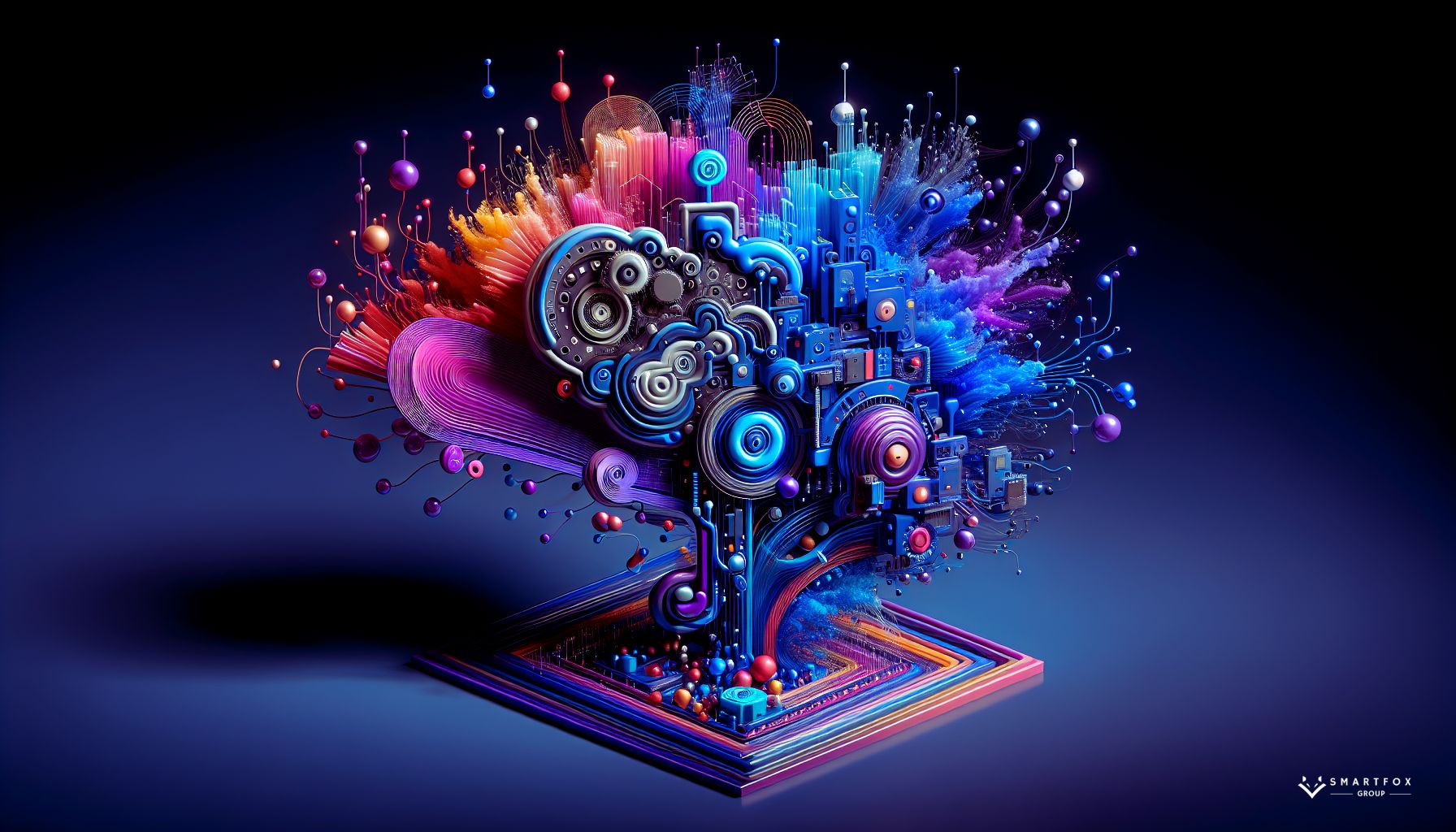
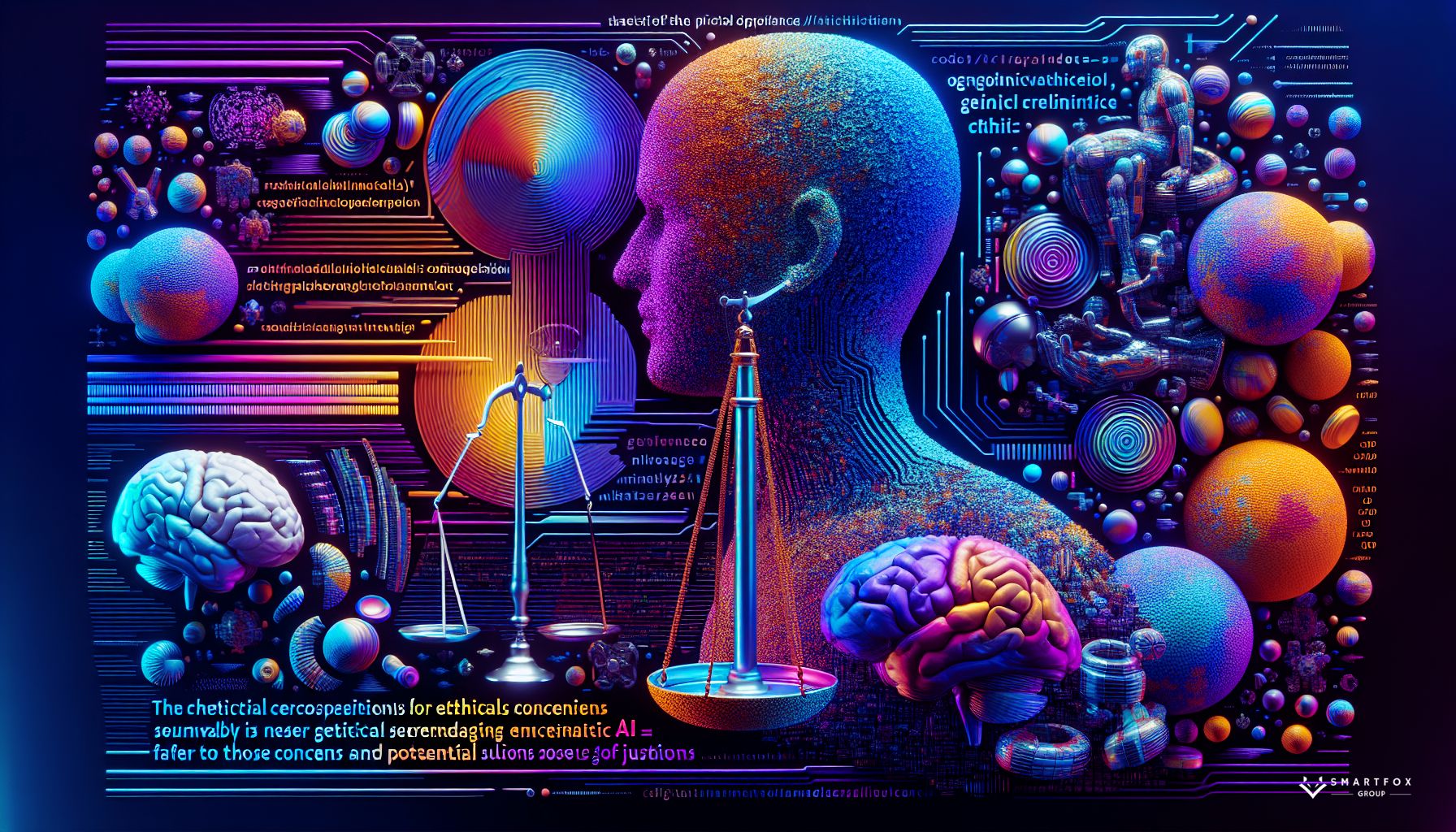

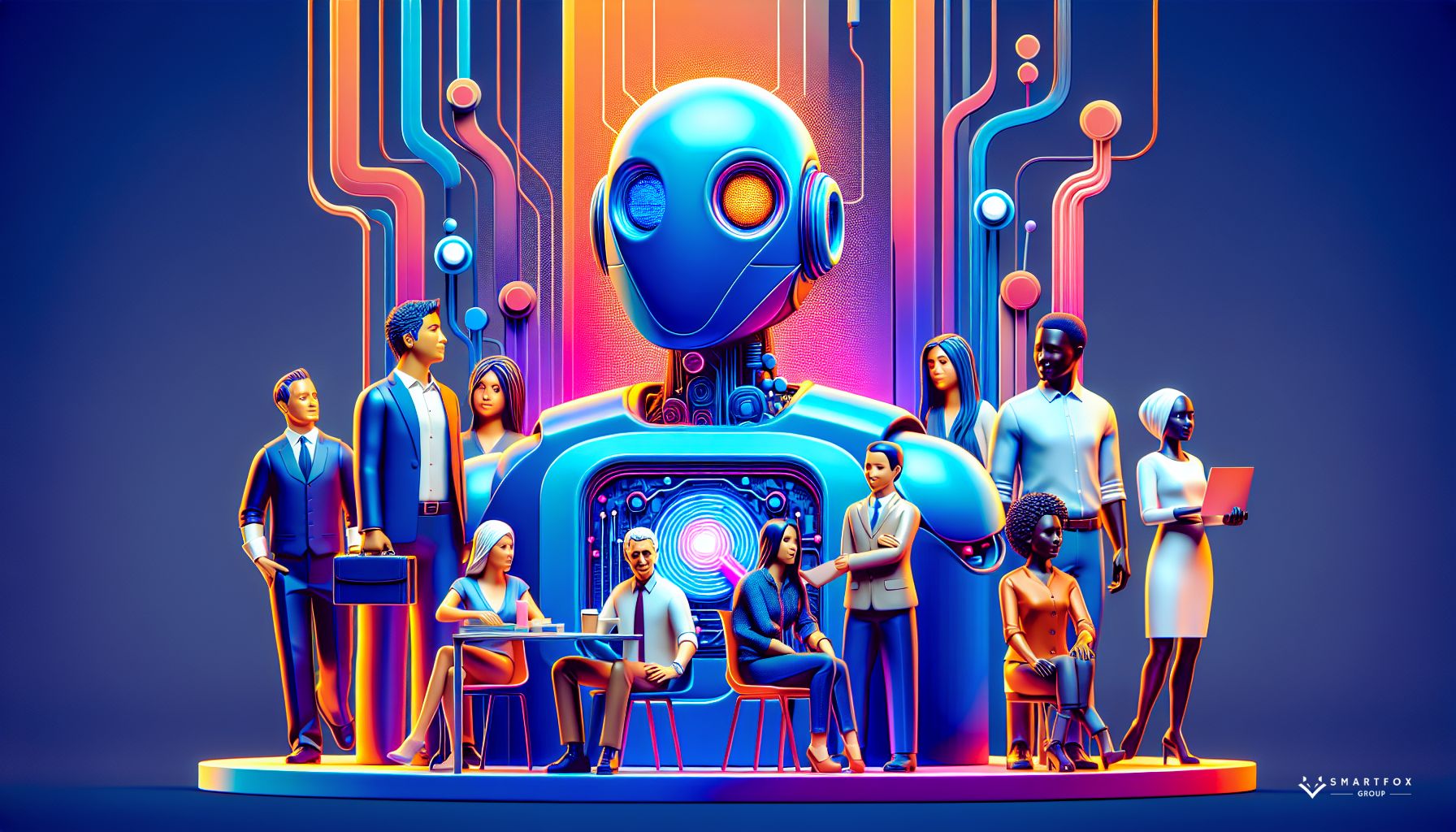


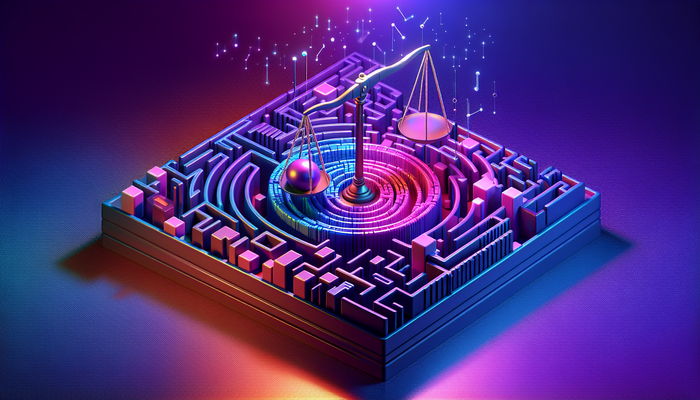
0 Comments